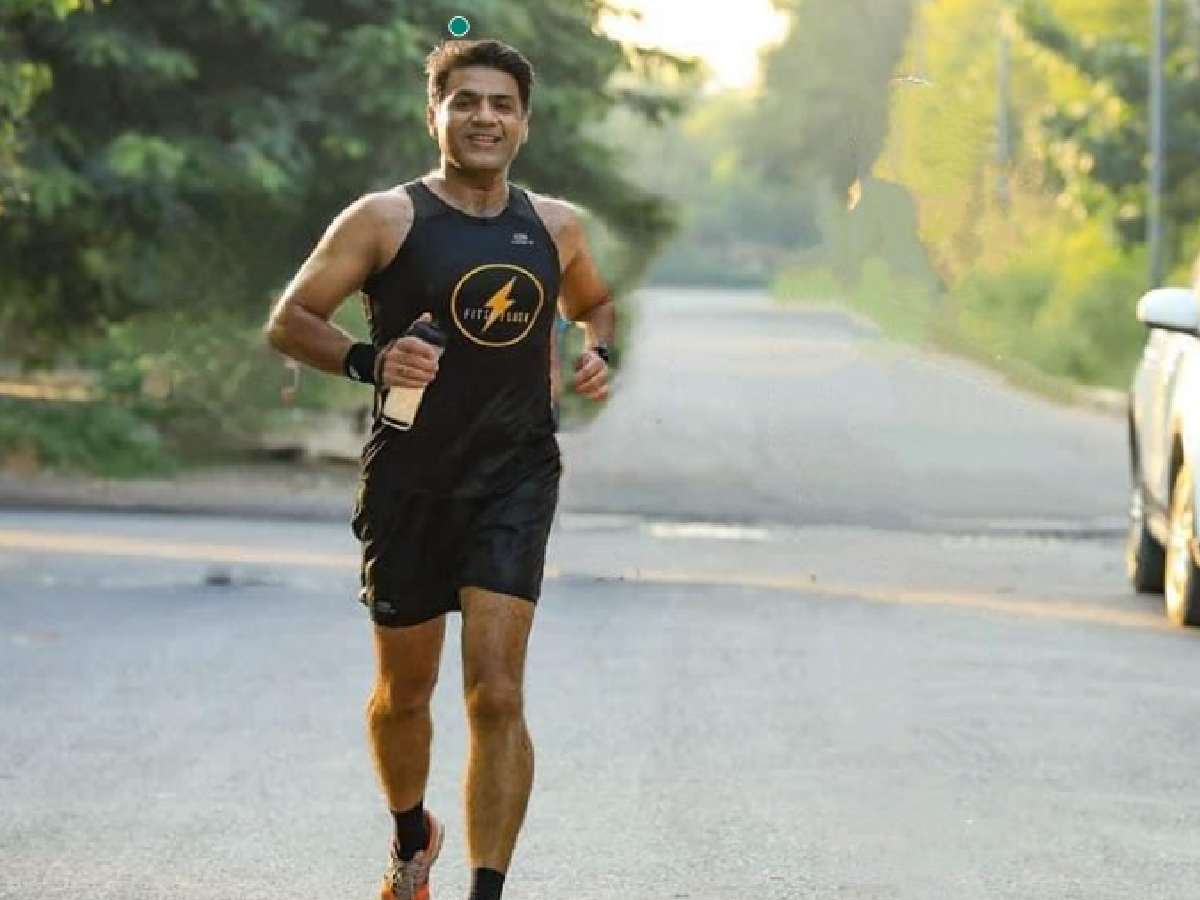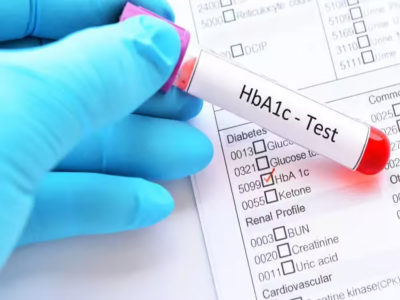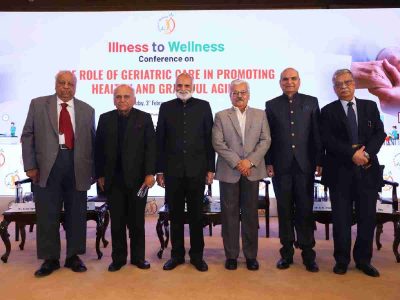During the Delhi Half Marathon at Jawaharlal Nehru Stadium, the life of a fellow runner who collapsed mid-race due to dehydration and drowsiness was saved by Dr Ramit Wadhwa, who quickly facilitated cardiopulmonary resuscitation (CPR).
His medical expertise and decisive action not only revived the athlete but also underscored the importance of being prepared for medical emergencies in such settings.
During the race, Dr Wadhwa suddenly noticed a fellow runner collapse unexpectedly. Without hesitation, he immediately rushed to the individual’s aid and began performing CPR.
Also read: Delhi doctor performs mid-flight emergency procedure, saves passenger from urinary retention
His timely intervention was crucial in reviving the runner and ensuring the patient was stabilised before being safely transferred to the nearest hospital via ambulance.
Talking about the incident, Dr Wadhwa, consultant, Non-Invasive Cardiology at Fortis Memorial Research Institute, Gurgaon, said, “During the marathon, a runner collapsed about half a mile before the finish line. When I saw a few other runners trying to help him, I immediately stopped my run and attended to him. The runner seemed dehydrated, drowsy, and disoriented; his pulse was present but weak. He clenched his teeth, bit his tongue, and started vomiting. With the help of fellow runners, we administered CPR while I worked to maintain his airway. Shortly after, an ambulance arrived, and he was immediately transported to a nearby medical camp. On our way, we inserted an IV cannula, started IV fluids, and supported his respiration with an ambu bag and mask. On reaching the camp, the patient regained consciousness but remained disoriented, agitated, and confused. A team of doctors from a nearby hospital attended to him, and he gradually became stable.”
“Such endurance runs require proper training for 3-6 months, depending on how active a person is. Before participating in these events, one must undergo a few basic cardiac check-ups like ECG, ECHO STRESS, and ECHO—depending on the age of the athlete. It is very important to take care of hydration and electrolytes during the run, as there is a tendency to sweat and lose electrolytes, which can lead to severe dehydration and electrolyte imbalance, triggering fatal cardiac arrhythmias. Also, it is very important to educate people about CPR training so that they can provide basic life support until an ambulance or medical help arrives, as those initial moments are very crucial for that patient,” he added.
Also read: Dehydration, poor diet, and sedentary lifestyles: Key risks to kidney health
Yash Rawat, Facility Director, Fortis Memorial Research Institute, Gurgaon, said, “I was also running in the half-marathon, and I do understand the importance of CPR. This incident reinforces the importance of being trained in emergency procedures and underscores how such knowledge can make the difference between life and death. Fortis Healthcare has been actively promoting public awareness about cardiac health and the importance of CPR training. This event serves as yet another example of how skilled healthcare professionals can make a life-changing impact beyond the walls of a hospital, inspiring individuals to seek CPR certification and encourage first responders’ readiness within society. Dr Wadhwa’s presence of mind and swift action embody the core values of Fortis Healthcare—delivering care, compassion, and excellence.”
Dr Wadhwa’s decisive action and heroic efforts, taken when it mattered most, highlighted the value of being prepared for medical emergencies, even outside of clinical settings.





